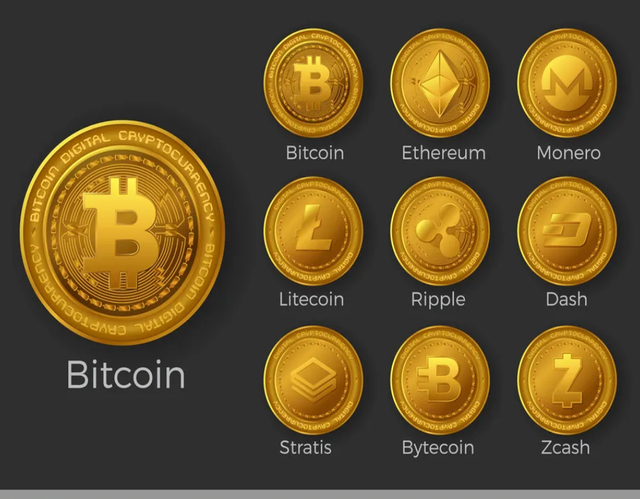
A cryptocurrency, or “crypto,” is a type of digital currency that operates as a means of exchange over a computer network and is not supported or maintained by any single central organization like a bank or government.
A digital ledger, a computerized database that uses strong encryption to secure transaction records, regulate the production of new coins, and confirm the transfer of currency ownership, is where individual coin ownership records are kept. In spite of their moniker,
Although many classifications, such as those as commodities, securities, and currencies, have been given to cryptocurrencies, they are not thought of as currencies in the classic sense. In actuality, cryptocurrencies are typically seen as a separate asset class. Some cryptocurrency maintenance programs employ validates.
In the proof-of-stake paradigm
Owners offer their tokens as security. In exchange, individuals receive control over the token in proportion to their investment. These token holders typically acquire more ownership over time through network fees, newly created tokens, or other similar compensation systems.
Cryptocurrency is often not created by a centralized authority and does not exist in physical form.
As opposed to a digital currency issued by a central bank, cryptocurrencies typically operate under decentralized governance. A cryptocurrency is typically seen as centralized when it is minted, generated before issuance, or issued by a single issuer.
Each cryptocurrency operates using distributed ledger technology, typically a blockchain, which acts as a public database of financial transactions when used with decentralized control.
Conventional asset classes, such as equities, commodities, and currencies,
have limited exposures to bitcoin return exposures in addition to macroeconomic concerns.
Bitcoin was the first decentralized cryptocurrency, and it was first made available in 2009 as open-source software. More than 9,000 other cryptocurrencies were available on the market as of March 2022, more than 70 of which had a market valuation greater than $1 billion.
American cryptographer David Chaum created Cash, an anonymous form of electronic cash, in 1983. Later, in 1995, he put it into practice using Dig Cash, an early type of encrypted electronic payment. Before it could be transmitted to a destination, Digit Cash required user software in order to withdraw cash from a bank and select particular encryption keys. As a result, neither the government nor any other entity, including the issuing bank, could track the digital currency.
Your post was upvoted and resteemed on @crypto.defrag
Downvoting a post can decrease pending rewards and make it less visible. Common reasons:
Submit